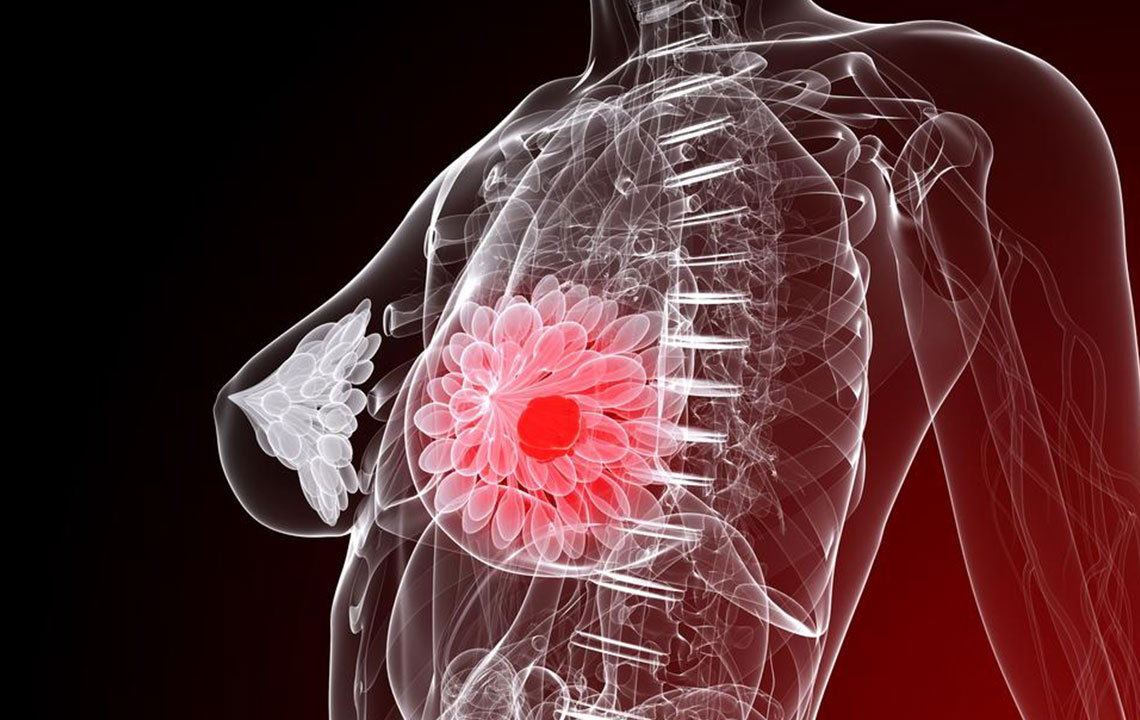Recognizing Critical Signs of Liver Cancer You Should Not Ignore
Early detection of liver cancer is crucial. Recognize symptoms like jaundice, abdominal pain, weight loss, and fatigue to seek timely medical advice. Understanding these signs can lead to early diagnosis and better prognosis.
Sponsored

Liver cancer is a serious condition that requires prompt diagnosis to prevent complications and improve treatment outcomes. Awareness of key symptoms is essential for early detection.
In liver cancer, abnormal growth of liver cells leads to the formation of malignant tumors, which progressively damage the liver tissue. These cancer cells can invade nearby tissues and metastasize to other organs in advanced stages. Different types of liver cancer include:
Hepatocellular carcinoma, where cancer develops within normal liver cells (hepatocytes).
Cholangiocarcinoma, which involves cancer growth in the bile ducts of the liver.
Metastatic liver cancer, where tumors originate from other organs such as the colon, breast, pancreas, kidney, ovary, or lungs and spread to the liver via bloodstream. The primary site of the cancer is identified as the original organ.
Symptoms of liver cancer are often subtle initially, making early detection difficult. As the disease progresses, symptoms become more prominent and varied based on individual cases. Typical signs include:
Decreased appetite
A feeling of fullness after small meals is common in early stages, often leading to appetite loss.
Unexpected weight loss
Involuntary weight reduction is prominent as the disease advances, frequently linked to appetite decline.
Fatigue
Many patients report persistent tiredness and weakness interfering with daily activities.
Persistent abdominal pain
Discomfort in the upper right abdomen or back, especially near the shoulder blade, is notable.
Jaundice
Yellowing of the skin and eyes indicates liver dysfunction, caused by elevated bilirubin levels.
Enlarged liver (hepatomegaly)
A noticeable mass below the right rib cage signals liver enlargement after significant tissue damage.
Abdominal swelling
Fluid accumulation (ascites) from liver congestion causes the abdomen to swell, often due to increased pressure in blood vessels.
Splenomegaly
Swelling of the spleen may occur due to underlying conditions such as infections, blood disorders, or liver disease.
Most symptoms are vague and may mimic other illnesses, but early diagnosis significantly improves treatment success. If you experience these warning signs, consult a healthcare professional promptly for proper evaluation.






